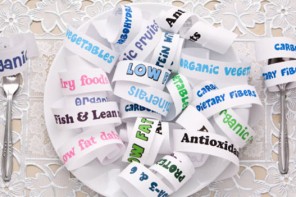Food prices have been increasing in the country and there are many reasons for it. But you’re not completely powerless – there are ways to decrease your next grocery shopping bill.
What’s Causing the Price Hike?
The drought we’ve experienced has disturbed planting patterns. SA is being forced to import almost half of the grain it needs in 2016. The weak rand makes this even more pernicious because food imports will be more expensive. Less fresh produce is available in stores due to the weather changes, which also causes their prices to increase.
What You Can Do
It becomes scary to think that basic foods such as fresh produce are becoming more expensive, but there are some ways to deal with it.
1. Buy Commonly-Used Items on Sale
Keep an eye out for items that go on sale, especially if you use them in your meals regularly. Avoid buying something just because it’s on sale if you know it will end up going to waste in the fridge.
2. Avoid Price Hike Foods
Some foods have increased in price more than others this year. Examples include apples, which studies show have increased by approximately R10 at the biggest grocery stores in the country. If a vegetable or fruit has become really expensive, switch to something cheaper so that you don’t have to burn a hole in your pocket while still getting nutritious foods.
3. Buy Closer to the “Sell By” Date
You don’t have to eat foods that have passed their “best before” dates, but you should buy foods that are closer to their “sell by” dates – and these are often on sale. You will have to eat the food sooner than you hoped to catch it before it expires, but it’s worth it. And remember, you usually get a day or two after the “best before” before it expires!
4. Grow Your Own Produce
You probably won’t be able to grow all the produce you like, but it can be very valuable to plant as much as you can. You could grow your own herbs, tomatoes, beans and more, which will definitely save you money in the long run. Plus, it gives you healthier produce that isn’t grown with harmful chemicals and pesticides.
5. Choose No-Name Brands
This can save you up to 10% on your monthly grocery bill so it’s worth doing and often the products are just packaged in a different way but made by the same manufacturers!
6. Go Online Shopping
It can be much more budget-friendly for you to purchase groceries online. Not only does this prevent you from buying items you don’t really need and help you to think about purchases before checking out, but it’s also more eco-friendly because it saves you from having to take the petrol-guzzling car. You therefore save money in more than one way.
Image credit: Minerva Studio / Dollar Photo Clu











